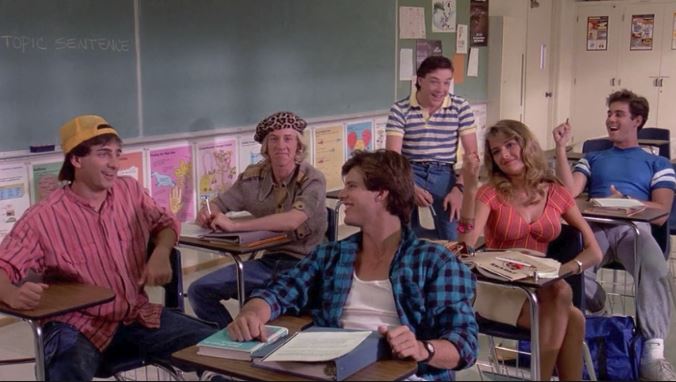Most Americans agree that an educated citizenry is a priority for a thriving democracy. In fact, the first compulsory education statute was passed in Massachusetts Bay Colony not long after the Pilgrims arrived.
In 1642, that first compulsory education law prioritized childhood literacy, but it placed the responsibility on parents to educate their children. It wasn’t until 1852 that Massachusetts passed the country’s first compulsory schooling statute, requiring attendance at a state-approved school. That law required 12 weeks of school attendance per year for 8 to 14 year-olds, paltry in comparison to the minimum 180 days a year now mandated by most states.
A lawmaker in Arizona is hoping to challenge the 165-year experiment with compulsory schooling, and once again place parents, not the state, in charge of children’s education. Paul Mosley, a junior Republican legislator in the Arizona House of Representatives, wants to repeal compulsory education laws that he says limit choice and parental empowerment.
On his campaign website, Mosley writes:
“A good quality education is essential in preparing the next generation. I believe that parents understand the needs of their children better than bureaucrats and I am a proponent of education choice. Competition in education is good and I support district schools, charter schools, private schools, home schooling and tuition tax credits.”
This week, Mosley elaborated on his vision for broader education choice by calling for the elimination of restrictive, outdated compulsory schooling laws. In an interview with the Arizona Capitol Times, Mosley states: “The number one thing I would like to repeal is the law on compulsory education.”
Mosley challenges the idea of the state, and not the parents, being in charge of children’s education. He says: “So now it’s not the parents’ responsibility to educate their children. It’s the state’s responsibility because the state took it from the parents.”
Representative Mosley joins a growing number of citizens concerned about the rise in forced schooling and the decline in overall competence. Despite data showing that the U.S. spends more on education than most developed countries, current education outcomes are disappointing.
On international comparison tests, such as the well-regarded Programme for International Student Assessment, U.S. students are lagging far behind their peers in other nations, with U.S. 15-year-olds ranking 38th out of 71 countries in math, and 24th in science. According to the 2015 National Assessment of Education Progress—known more widely as the Nation’s Report Card—student reading and math skills declined.
Over the last century, education and schooling have become inextricably linked, to the point where it’s hard to imagine being educated without being schooled. Perhaps by separating education from forced government schooling, and equipping parents with broader education choice, we can achieve better education outcomes for all children.
—
[Image Credit: Paramount Pictures-Summer School (1987)]
















Leave a Comment
Your email address will not be published. Required fields are marked with *